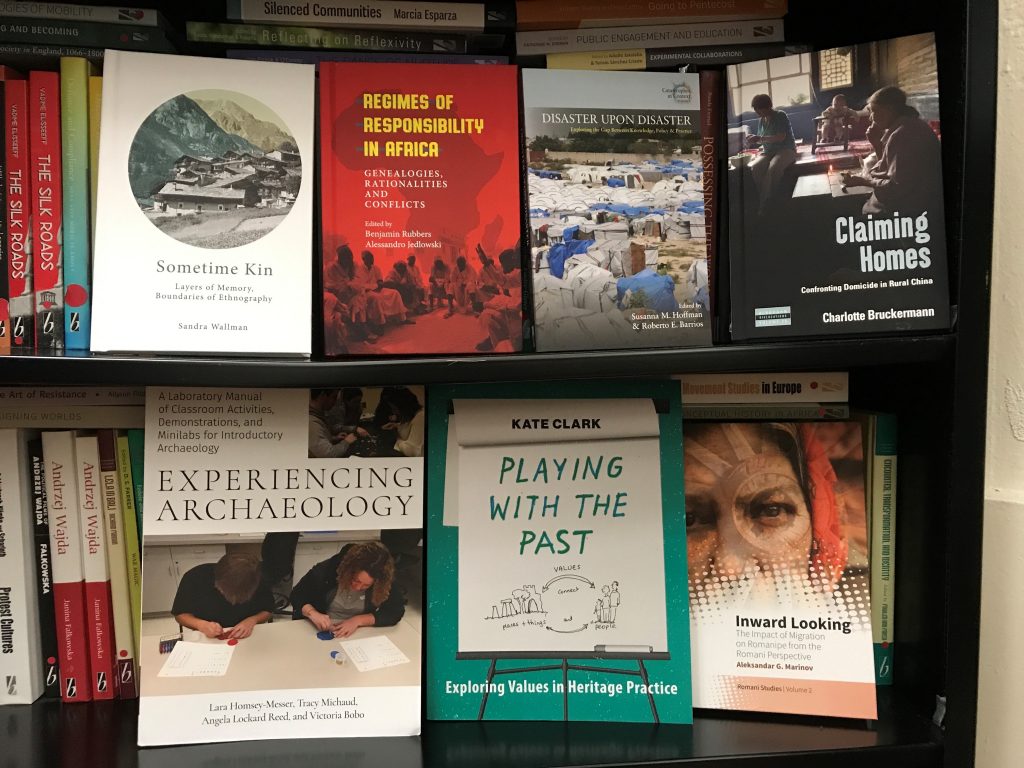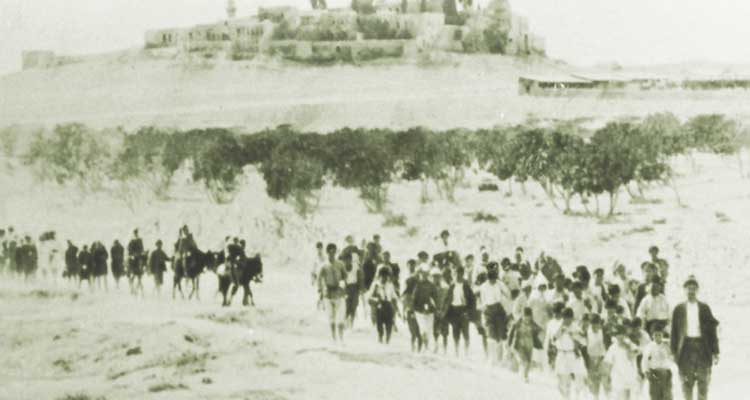Andrew J. Bacevich

Excerpted from Chapter 9 of NOT EVEN PAST: How the United States Ends Wars edited by David Fitzgerald, David Ryan, and John M. Thompson.
A successful marriage is one in which partners find ways of reconciling their own individual needs with those they share as a couple. The challenge is to enable me and you to coexist with us in relative harmony. To indulge in wedding day illusions of being exempt from such challenges—to fancy that a new us transcends me and you—is to guarantee mutual disappointment. The sooner all parties jettison such illusions the better.
Continue reading “Excerpt: Changing the Subject: How the United States Responds to Strategic Failure”




